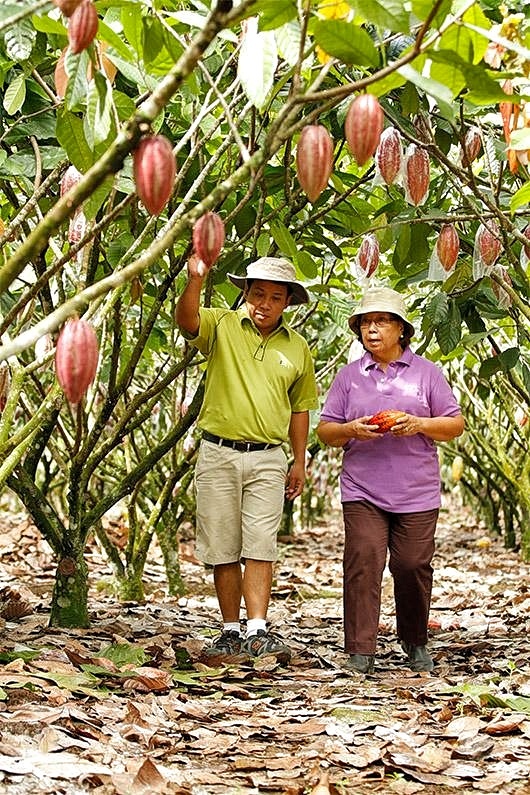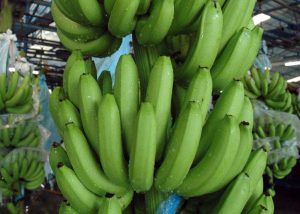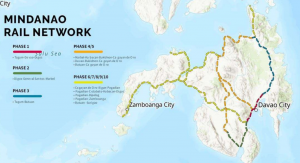DESPITE high demand, local cacao farmers and producers cannot keep up due to low production, a Davao Region Cacao Industry Development Council (DRCIDC) official lamented.
During the Habi at Kape forum last March 20, Toto Muyco, council chairperson, revealed that cacao demand in the international market is currently at its peak at USD 7,000.00 per metric ton.
“One thing’s for sure, we are not meeting the demands of the markets right now,” he said.
He cited factors such as the economic repercussions caused by the COVID-19 pandemic, loss of income, increasing prices of fertilizers, market competition, climate change, and the lack of good agricultural practices, local cacao farmers and producers cannot keep up with the high demand.
“Talagang bumabagsak ang productivity natin dahil nga ang focus natin in the past has always been to feed the tree rather than to take care of soil health (Our productivity plummeted because our focus in the past has always been to feed the tree rather than to take care of soil health),” Wit Holganza, chairperson of Cacao City Marketing Co-op and vice president of DRCIDC, said.
According to the Department of Science and Technology – Philippine Council for Agriculture, Aquatic, and Natural Resources Research and Development (DOST-PCAARRD), the causes of low cacao production include planting low-yielding and poor quality planting materials, pest and disease infestation, unproductive or old cacao plantations, unavailability of information on existing cacao plantings and suitable areas for cacao growing, and lack of equipment.
In response, the DRCIDC will work with Mennonite Economic Development Associates (MEDA), an international non-governmental organization supporting the development of agricultural foods, in implementing the Resilience and Inclusion through Investment for Sustainable Agriculture (RIISA) project with the support of Global Affairs Canada (GAC).
Natalie Macawaris, MEDA country director, said the RIISA project promotes environmentally sustainable and socially inclusive practices to boost the cacao yield and farmers’ incomes.
The RIISA project involves creating a cacao regenerative farming manual for aging farms over 10 years, developing an accredited group that can provide competent manpower to cacao farms, and investing in model farms.
“This time, we are more responsive, we are more focused on making sure that we will achieve more production within the next three years,” Muyco said.



